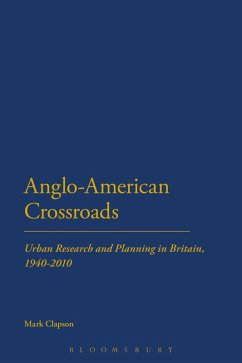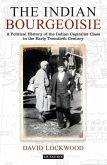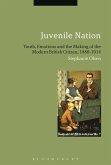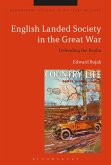The postwar British city was been shaped by many international forces during the last century, but American influences on British urban research and urban planning have been particularly significant. Beginning with debates about reconstruction during the Second World War, Anglo-American Crossroads explores how Americanisation influenced key approaches to town planning, from reconstruction after 1945 to the New Urbanism of the 1990s. Clapson pays particular attention to the relationship between urban sociological research and planning issues since the 1950s. He also addresses the ways in which American developers and planners of new communities looked to the British new towns and garden city movement for inspiration. Using a wide range of sources, from American Foundation Archives to town planning materials and urban sociologies, Anglo-American Crossroads shows that although some things went wrong in translation from the USA to Britain, there were also some important successes within a transatlantic dialogue that was more nuanced than a one-dimensional process of American hegemony.









